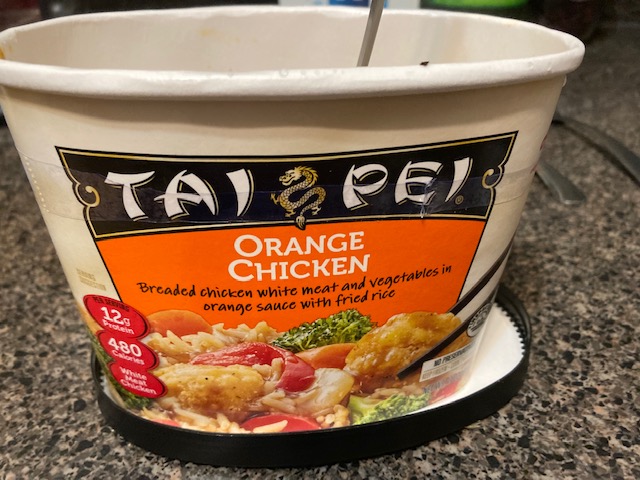
Have you ever felt your life is on autopilot, void of conscious thought? Little things like what you eat and how you eat become automatic processes – with little choice – you eat it because it is there? I grew up with parents who lived through the Great Depression and had experienced the lack of food or lack of variety at least – having experienced food rationing. We, therefore, had two strict mealtime rules: You had to take at least a little bit of everything on the table and finish everything on your plate before you could have dessert. And I recall many meals where I was at the table long finishing off my plate because I wanted dessert.
Most of the food served up by my mom was good – I loved most every vegetable and I wasn’t a picky eater. But I remember to this day the foods that I loathed – the ones that I took a tiny bite of and suffered through because either mom or dad (or both) liked them and would serve them occasionally. I have tried these later on in life just to see if my grownup tastes had changed—no such luck. And as a kid, I knew on the first bite I knew my taste buds would rebel.
Sometimes it was the way they were presented. I love carrots, sweet and crunchy. But cook them and the appeal goes away. I once told my mom that I liked my veggies fresh. She reminded me that cooked ones were just as fresh and that the correct term for what I liked was raw. Yep, that’s how I liked them. That is why when I nuked the package above I took any carrots out and tossed them. I am no longer a child and I get to pick what I eat.
It took my sisters and me years to overcome the “finish everything on your plate” mantra. My parents meant well, but in practical terms, that mindset can lead to overeating. Better to stop when you feel full, and learn to take less next time, than to push on and overeat. And if you take something and don’t like it, don’t finish it. Your taste buds will keep seeking out something to satisfy and the stuff you ate out of obligation will just be empty calories that you don’t need.
The same is true for other habits of thinking. Like believing something just because some “authority” said it was true. God gave you a mind – use it. Check original sources and examine the rationale of opinions. Research the history of the subject and check for the missing pieces. It is said that history is written by the victors, so take time to examine the history of those who didn’t win, or were left behind or hidden. Are they worthy of mention?
Don’t let your mind and heart go on autopilot. There are plenty of holes in our history. Many marginalized groups have been ignored. Their history is important as well. For those in the US beware of American myths and legends – especially concerning our Founding Fathers and the slogans we repeat – like “Remember the Alamo”, “Remember the Maine”, and “Manifest Destiny”. If those don’t spur counter-narratives in your mind, please consider investigating.
If you don’t like the taste of something throw it out. It doesn’t make a difference if everyone else likes it. Your taste buds are key to what you should be eating. And if you are the only one you know who has a counter-narrative to some part of history, or thinks in a different way,, it doesn’t matter what others may say or think. Stand up for what you believe – just be ready to give a reason why.


Leave a Reply